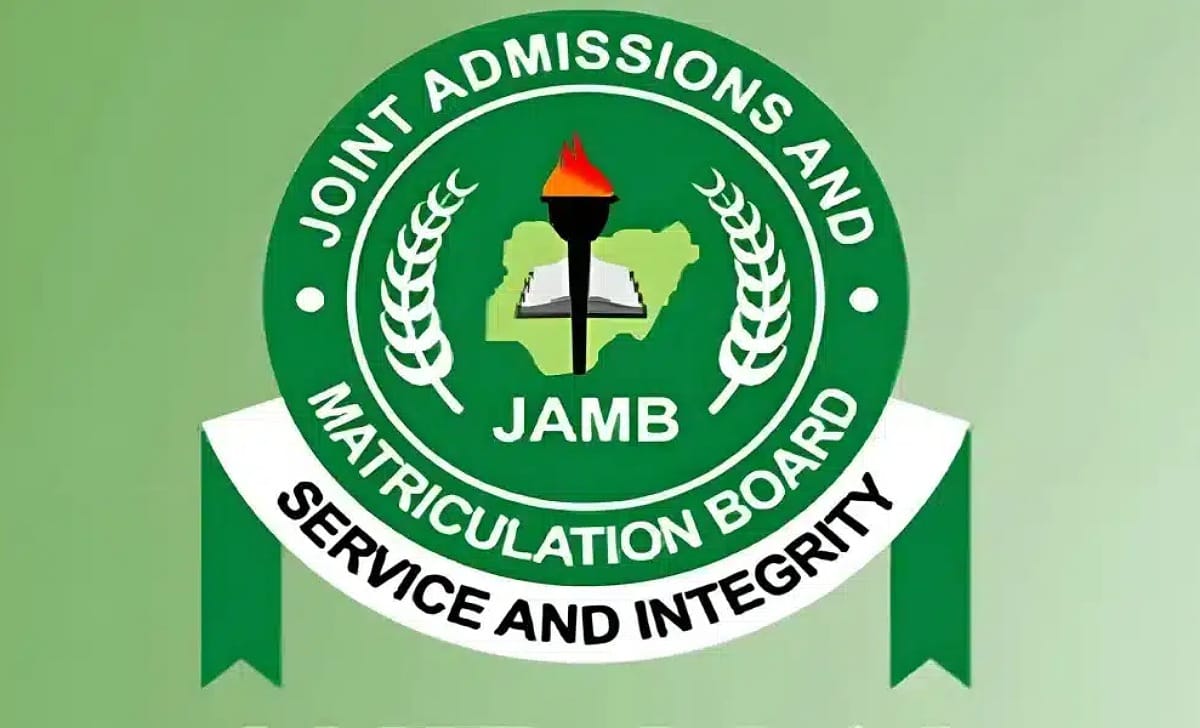The transition from one level of education to another is a significant milestone in every student’s life. For many, matriculation marks the culmination of a rigorous admission process.
It’s traditionally seen as the point where students officially become part of an academic institution. However, the question arises: Can admission be given after matriculation?
While matriculation ceremonies typically signify the end of the admission cycle, there are exceptions to this rule.
In this article, we will delve into the nuances of admissions after matriculation, exploring the scenarios where institutions may make exceptions and accept new students post-matriculation.
Can Admission Be Given After Matriculation?
Matriculation ceremonies, often marked by academic regalia, speeches, and a sense of belonging, have historically been the concluding chapter of the admission process.
They symbolize students’ formal initiation into the institution. However, in some cases, schools and colleges may choose to adopt an unconventional approach by offering admission to new students after the matriculation ceremony.
3 Reasons For Giving Admission After Matriculation
If you are anxious to know the reason behind some institutions giving admission after matriculation. Read below 👇
1. Late Admissions:
One common scenario where institutions might consider admitting students after matriculation is when there are vacant seats or special circumstances.
If some students don’t show up or vacancies arise due to unforeseen circumstances, the institution may choose to fill those slots with late admissions.
This can be an opportunity for students who missed the initial admission cycle.
2. Transfer Students:
Another circumstance that might lead to admissions after matriculation is the arrival of transfer students.
These students might be transitioning from other institutions or programs and join after the matriculation event. Their previous academic records and available slots often determine their acceptance.
3. Special Cases:
In rare cases, institutions might consider special admissions for outstanding individuals, such as athletes or students with exceptional talents.
These students may join after matriculation, provided they meet certain criteria and bring unique qualities to the institution.
Can I pay my school fees after matriculation?
The ability to pay your school fees after matriculation largely depends on the policies of your educational institution.
In many cases, matriculation signifies the official enrollment of a student, and fees are typically due before or around the time of matriculation.
However, some institutions may offer payment plans or extensions for students who may face exceptional circumstances or difficulties in paying fees by the matriculation date.
It’s essential to contact your school’s financial office or administration to discuss your specific situation and explore the available options.
Each institution may have its own policies and procedures for handling fee payments, including any possible extensions or arrangements.
Is matriculation compulsory in Nigeria?
Yes, matriculation is generally considered compulsory in Nigeria for students pursuing higher education, particularly at the university/college level.
Matriculation ceremonies are formal events where students officially become members of their respective institutions. It involves taking an oath of allegiance and signifies the formal beginning of a student’s academic journey in an institution.
Matriculation is a significant event in the Nigerian educational system and is typically required for students to gain full access to university resources and services.
While it is considered compulsory, specific requirements and procedures can vary slightly from one university to another, so it’s essential for students to follow their institution’s matriculation guidelines.
Conclusion
In most educational institutions, matriculation ceremonies traditionally signify the end of the admission process. However, exceptions exist, and in certain situations, admissions after matriculation are feasible.
Whether it’s due to late admissions, transfer students, or unique talents, institutions may make exceptions to accommodate new students post-matriculation.
It’s crucial to remember that these exceptions are typically made to ensure the institution’s academic integrity and foster an inclusive learning environment.
Therefore, if you find yourself contemplating admission after matriculation, it’s essential to inquire about the specific policies and criteria of the institution in question.



My school did there matriculation today but I have not been admitted yet
Which school is that?